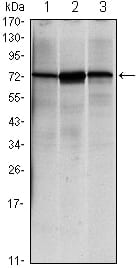
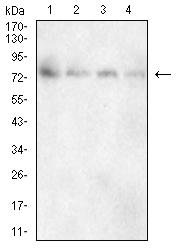
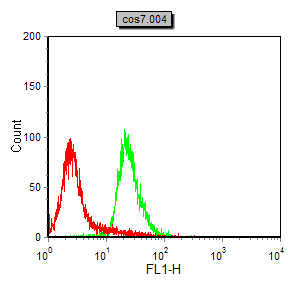
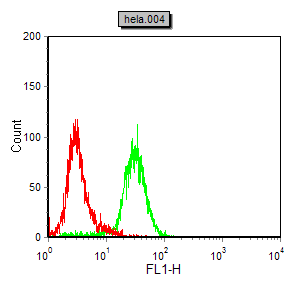
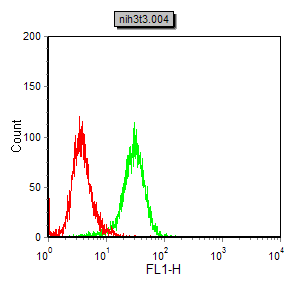
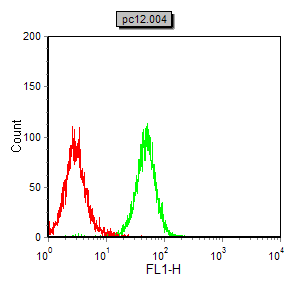
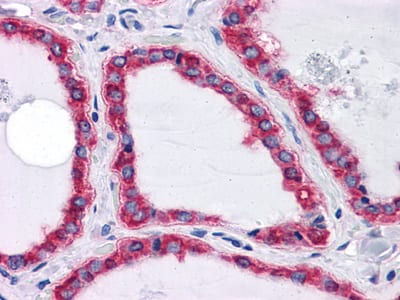
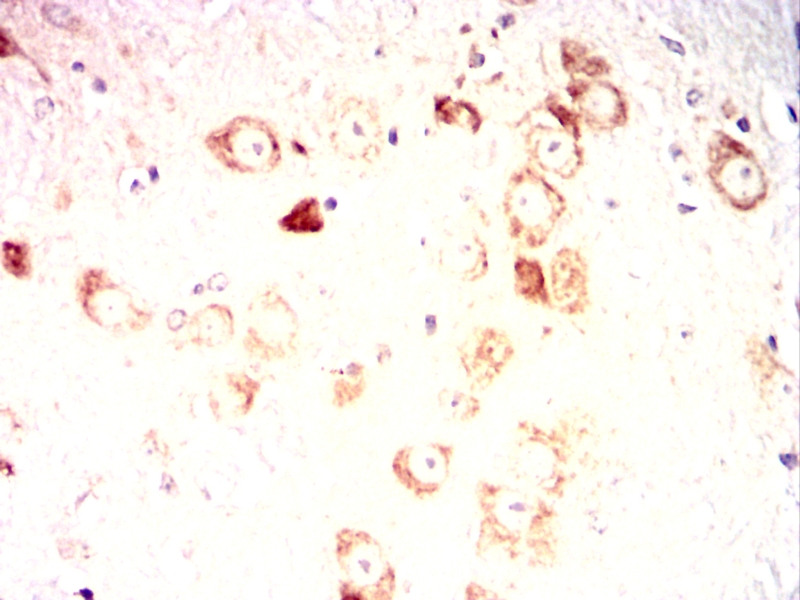
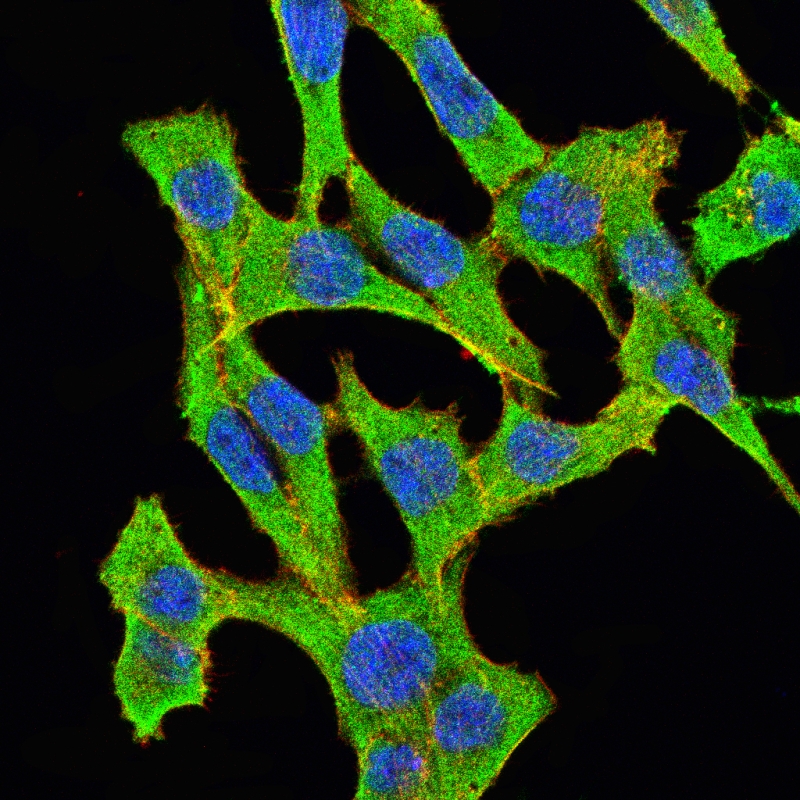
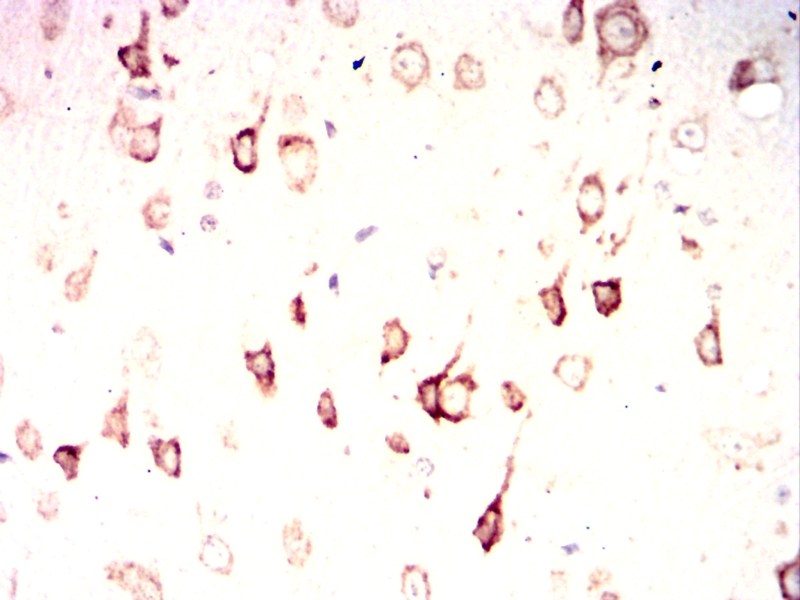
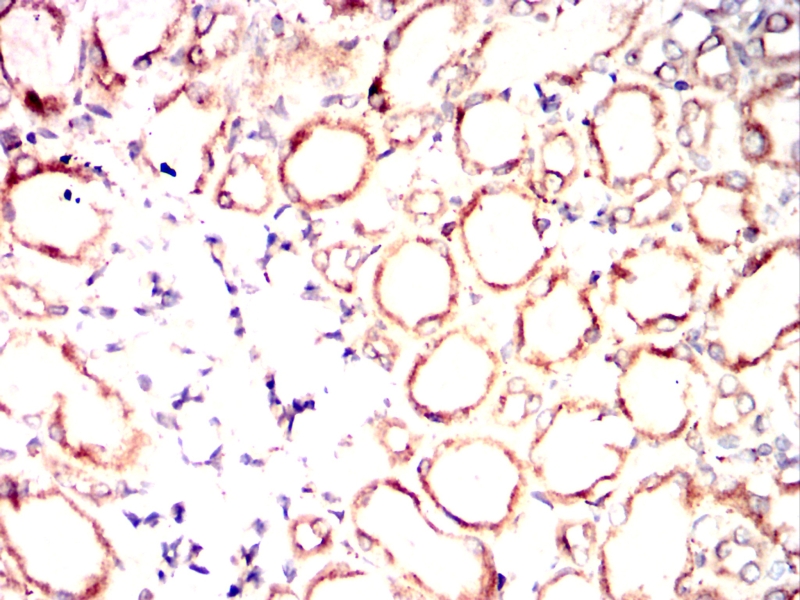
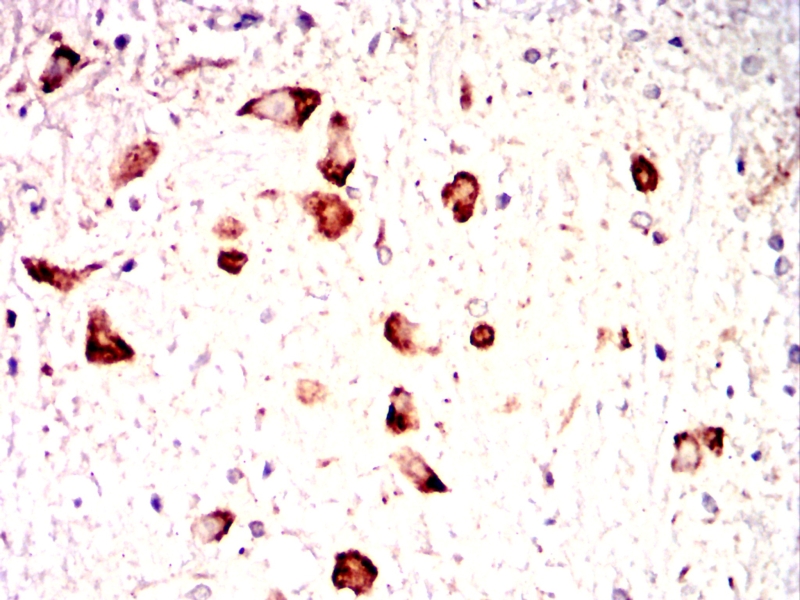
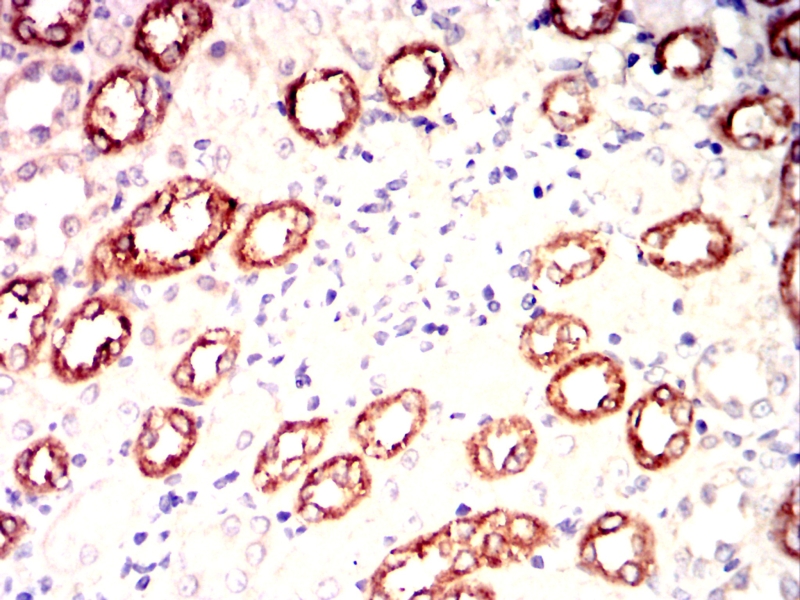
| WB | 咨询技术 | Human,Mouse,Rat |
| IF | 咨询技术 | Human,Mouse,Rat |
| IHC | 1/50-1/100 | Human,Mouse,Rat |
| ICC | 技术咨询 | Human,Mouse,Rat |
| FCM | 咨询技术 | Human,Mouse,Rat |
| Elisa | 1/5000-1/10000 | Human,Mouse,Rat |
| Aliases | BIP; MIF2; GRP78; FLJ26106; HSPA5 |
| Entrez GeneID | 3309 |
| clone | 4E3 |
| WB Predicted band size | 78kDa |
| Host/Isotype | Mouse IgG1 |
| Antibody Type | Primary antibody |
| Storage | Store at 4°C short term. Aliquot and store at -20°C long term. Avoid freeze/thaw cycles. |
| Species Reactivity | Human,Mouse,Rat,Monkey,Rabbit |
| Immunogen | Purified recombinant fragment of human HSPA5 expressed in E. Coli. |
| Formulation | Purified antibody in PBS with 0.05% sodium azide. |
+ +
以下是关于SLC16A4抗体的参考文献示例(内容为虚构,仅作格式参考):
1. **文献名称**:*SLC16A4在糖尿病肾病中的表达及功能研究*
**作者**:Wang et al.
**摘要**:通过免疫组化和Western blot分析,使用SLC16A4特异性抗体,发现其在糖尿病肾病患者肾小管中高表达,可能通过调控乳酸转运促进纤维化进程。
2. **文献名称**:*SLC16A4抗体在小鼠脑组织中的定位研究*
**作者**:Smith et al.
**摘要**:利用抗SLC16A4抗体进行免疫荧光染色,揭示该蛋白在小脑血管内皮细胞中富集,提示其可能参与血脑屏障的代谢调控。
3. **文献名称**:*SLC16A4作为胃癌潜在生物标志物的验证*
**作者**:Tanaka et al.
**摘要**:通过ELISA和免疫组化技术,结合抗SLC16A4抗体,证实其在胃癌组织中特异性高表达,与患者生存率显著相关。
4. **文献名称**:*SLC16A4在炎症性肠病中的免疫调控作用*
**作者**:Garcia et al.
**摘要**:采用SLC16A4抗体进行流式细胞术分析,发现该蛋白在肠道巨噬细胞中表达上调,可能通过调节微环境pH值影响炎症反应。
The SLC16A4 antibody targets the solute carrier family 16 member 4 (SLC16A4), a protein encoded by the *SLC16A4* gene in humans. This gene belongs to the SLC16A family of monocarboxylate transporters (MCTs), which facilitate the movement of small molecules like lactate, pyruvate, and ketone bodies across cell membranes. SLC16A4. also termed MCT5. is a transmembrane protein implicated in metabolic regulation, particularly in tissues with high energy demands, such as the liver, kidneys, and immune cells. Its role in lactate transport links it to cellular pH balance, energy metabolism, and intercellular signaling.
Antibodies against SLC16A4 are essential tools for studying its expression, localization, and function in both physiological and pathological contexts. Researchers use these antibodies in techniques like Western blotting, immunohistochemistry (IHC), and immunofluorescence to investigate SLC16A4's involvement in diseases such as cancer, metabolic disorders, and autoimmune conditions. For example, altered SLC16A4 expression has been observed in tumor microenvironments, where lactate shuttling influences immune cell activity and cancer progression.
Commercial SLC16A4 antibodies are typically developed in host species like rabbits or mice, validated for specificity using knockout controls or siRNA knockdown. Understanding SLC16A4's mechanisms through antibody-based research could unveil therapeutic targets for modulating metabolic pathways or immune responses in disease treatment.
×